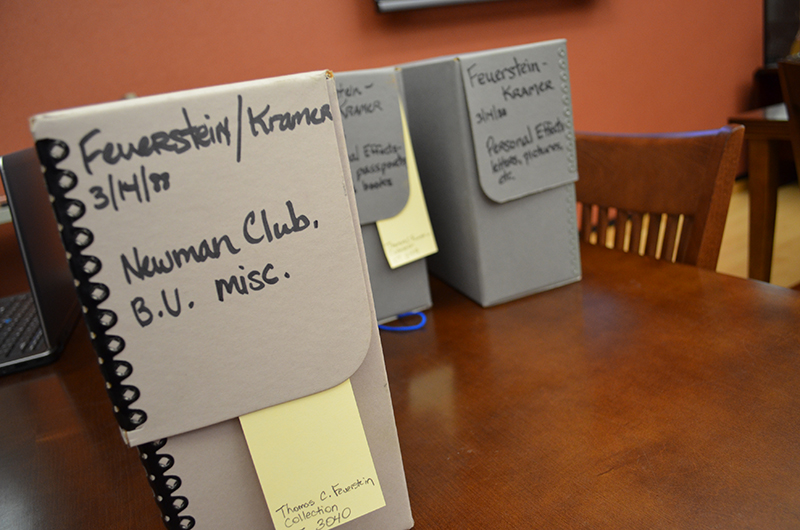 BANNED BOOKS WEEK 2017: Sept. 24 - Sept. 30
BANNED BOOKS WEEK 2017: Sept. 24 - Sept. 30
Banned Books Week is an annual event celebrating the freedom to read.
Coordinated by the American Library Association (ALA), the week brings together a community of people and events to highlight the harms of censorship.
The Central Libraries is celebrating the freedom to read with some of our favorite faculty readers. They’ve picked some of their favorite classics that have continued to be banned and challenged over the years. This video features Bill Hair, DeAnna Toten Beard, Tom Hanks and Lauren Weber.
BONUS video: Randy Umstead reads Atticus Finch's closing arguments speech from "To Kill a Mockingbird."
Keep reading for more information from ALA on this important topic.
Beth Farwell
Director, Central Libraries
Q: What is the difference between a challenge and a ban?
A: A challenge is an attempt to remove or restrict materials, based upon the objections of a person or group. A banning is the removal of those materials. Challenges do not simply involve a person expressing a point of view; rather, they are an attempt to remove material from the curriculum or library, thereby restricting the access of others. Due to the commitment of librarians, teachers, parents, students and other concerned citizens, most challenges are unsuccessful and most materials are retained in the school curriculum or library collection.
Q: Why are books challenged?
A: Books usually are challenged with the best intentions—to protect others, frequently children, from difficult ideas and information. See our Notable First Amendment Cases page.
Censorship can be subtle, almost imperceptible, as well as blatant and overt, but, nonetheless, harmful. As John Stuart Mill wrote in On Liberty:
If all mankind minus one, were of one opinion, and only one person were of the contrary opinion, mankind would be no more justified in silencing that one person, than he, if he had the power, would be justified in silencing mankind. Were an opinion a personal possession of no value except to the owner; if to be obstructed in the enjoyment of it were simply a private injury, it would make some difference whether the injury was inflicted only on a few persons or on many. But the peculiar evil of silencing the expression of an opinion is, that it is robbing the human race; posterity as well as the existing generation; those who dissent from the opinion, still more than those who hold it. If the opinion is right, they are deprived of the opportunity of exchanging error for truth: if wrong, they lose, what is almost as great a benefit, the clearer perception and livelier impression of truth, produced by its collision with error.






